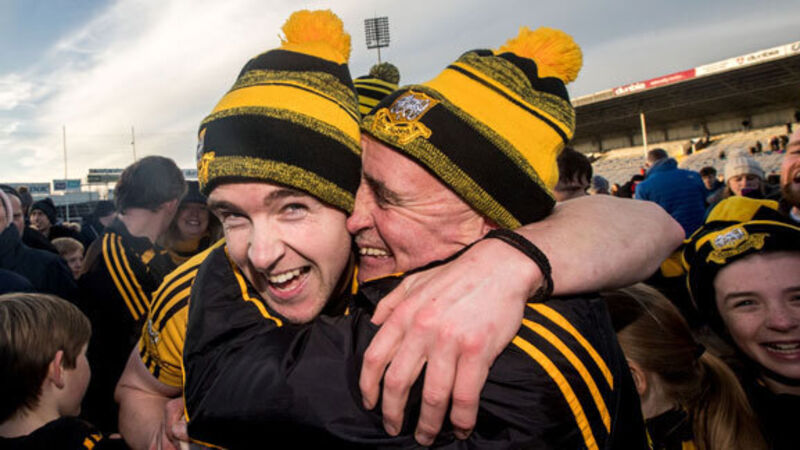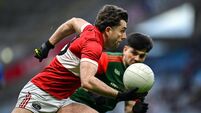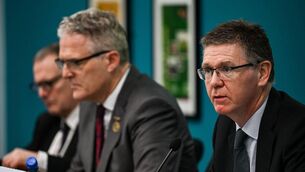Donal Óg Cusack: Inter-county player is not the enemy of club player

irst I would like to welcome the Club Players Association into existence. I wish it well.
Recently it has become fashionable to drive wedges between GAA players who play at county level and their comrades in the clubs. I appreciate that the very existence of the GPA made this easier for some people.










